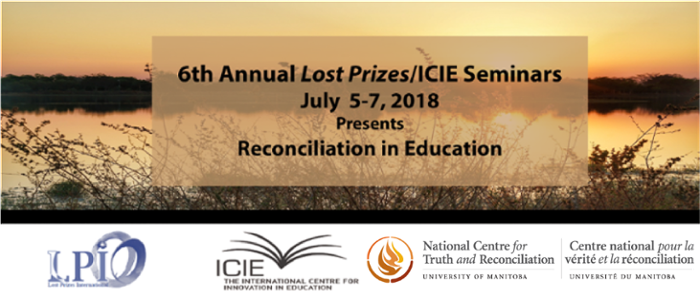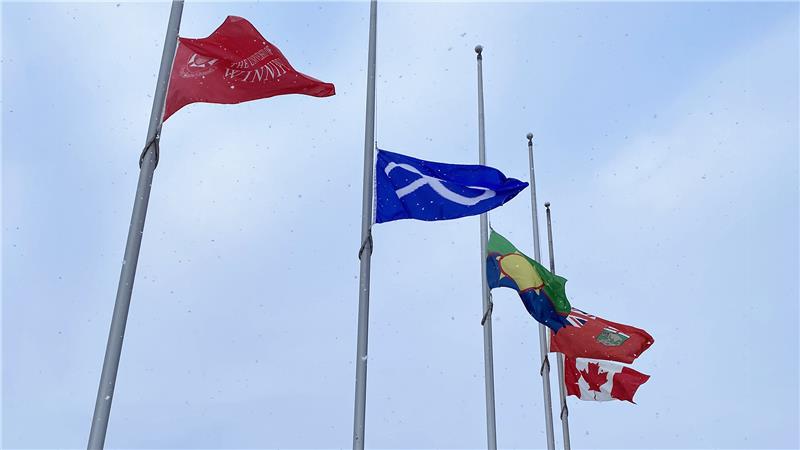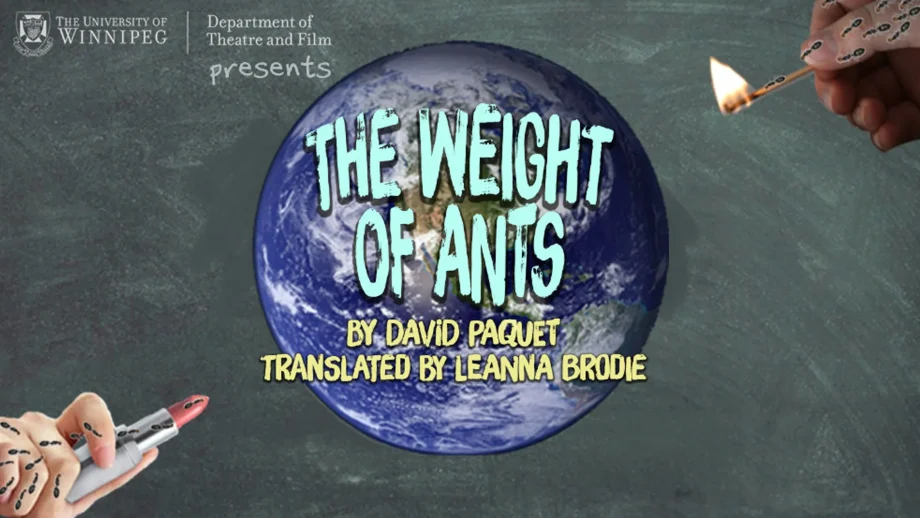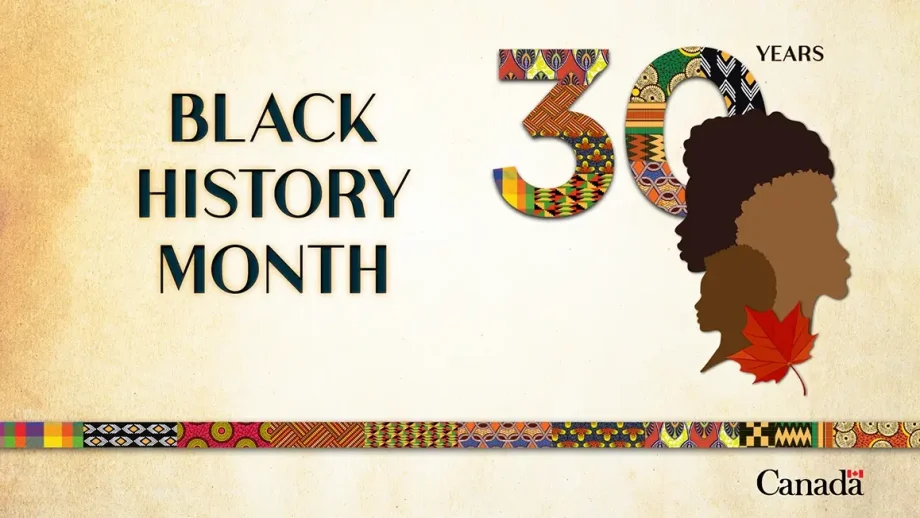
Education students will gather at The University of Winnipeg this week to learn how to connect with “lost” youth at the sixth annual Lost Prizes/International Centre for Innovation in Education (ICIE) conference.
Created in the early 90s, the Lost Prizes program seeks to discover and cultivate the talents of at-risk youth — students who have run into legal issues, abused drugs and alcohol, or otherwise disengaged from school. Ken McCluskey, UWinnipeg Dean of Education, helped found the program during his time as an educator in Lord Selkirk School Division, along with partners from Interlake and Agassiz (now Sunrise) divisions.
“A surprising number of the students we worked with were very talented in art, creative with music — the kinds of kids who would be at famous schools in New York if they had the opportunity,” he said. “A lot of the time because of circumstances — school or family — their talents weren’t even identified, let alone celebrated. We started Lost Prizes as a hands-on project to reclaim talented drop-outs and get them back into high school or university.”
Lost Prizes has since branched out to include a pedagogical aspect in addition to working directly with youth. The conference launched in 2013 as a means to offer post baccalaureate education students access to the program’s teachings, as well as guidance from experts in the field. This year’s conference is built around the theme of reconciliation, with workshops that focus on Indigenous perspectives, and a keynote address from Kevin Lamoureux, Education Lead with the National Centre for Truth and Reconciliation.
Kari McCluskey, Lost Prizes coordinator and former public school educator, said the program offers teachers a chance to connect with each other and gain new tools to help them reach students.
“One of the biggest challenges for teachers is resources,” she said. “You have teachers with 20, 30, 40 students, so to meet all their needs is really tough. One of the things Lost Prizes helps promote is awareness of resources, networking, and finding the strengths and talents in your colleagues so you can balance your work.”
In addition to the main conference program, participants have the option to register for courses that tie to Lost Prizes’ principles — such as emphasizing the strengths of at-risk youth, and managing professional cynicism. There’s even a class on the art of “kid whispering” that teaches participants how to communicate with youth in ways that promote cooperation and trust.
“These youth have had experiences that have taught them to not be trustful or see the value in school,” said Kari McCluskey. “We strongly promote relationships as a foundation of Lost Prizes. If you can build those relationships with youth and get them to buy in, they begin to become their own motivators.”
Ken McCluskey is quick to credit Lost Prizes’ longevity to his collaborators, many of whom have wound up at UWinnipeg in some capacity. It’s the University’s downtown roots, he said, that have made it a natural fit for the program.
“If you looked out our office window, you could see the criminal activity, and that presented challenges, but it also presented all kinds of opportunities to reach out to people in the area — the individuals, the agencies, the organizations, the schools — and learn from their experience. It’s been part of the Faculty of Education’s essence, and why our students hit the ground running, ready to deal with very tough things.”
The 2018 Lost Prizes/ICIE conference runs July 5–7, 2018.
MEDIA CONTACT:
Adam Campbell
Communications Officer, The University of Winnipeg
204.988.7671
ad.campbell@uwinnipeg.ca




